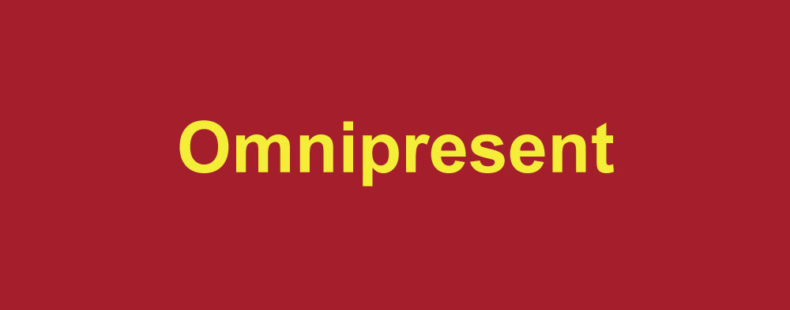In elementary school, young writers are given a list of words to use in essays and stories. And somehow since then, we continue to rely on these words over and over and over. As your trusted source for miraculous, phenomenal, and surely stupendous words, this makes us … distressed.
Creating an engaging story means giving the boot to words like beautiful, happy, or awesome because these words can make writing feel stagnant. On the other hand, when a writer creates a scene for the reader to live in, using too many difficult words could alienate the person they meant to captivate.
It’s complicated. That’s why we’ve gathered these synonyms to help spice up your writing without leaving your readers feeling like they’re browsing through the thesaurus. (That’s your job!)

























